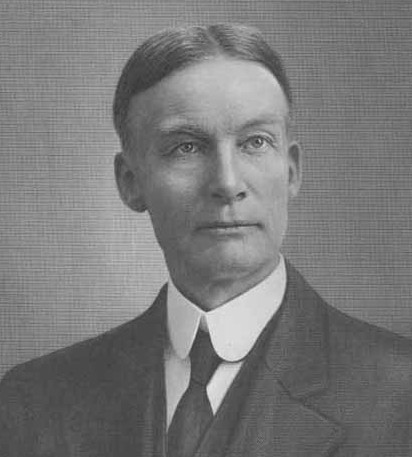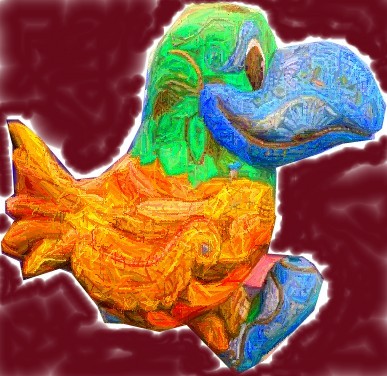Megan Hirt has an engaging and well-written essay about Facebook in the Dec. 2007 Jayplay. She quoted from a number of Facebook users and she talked to several scholars, including KU sociologist Bill Staples: “In today’s culture, we like to see ourselves and see others—a combination of exhibitionism and voyeurism. Facebook is the perfect example of how these two come together.”
The article also quoted from John Grohol, a psychologist, who muses “We feel like it’s bringing us closer to the person, but this is an artificial connection.” I would have liked to have seen some evidence, though, to back up that claim. A team of researchers led by Nicole Ellison conducted a study of Facebook users, and their work was eventually published in the Journal of Computer-Mediated Communication. Their article (“The Benefits of Facebook ‘Friends:’ Social Capital and College Students’ Use of Online Social Network Sites”) suggests some social benefits of Facebook. They write:
Returning to our original research question, we can definitively state that there is a positive relationship between certain kinds of Facebook use and the maintenance and creation of social capital. Although we cannot say which precedes the other, Facebook appears to play an important role in the process by which students form and maintain social capital . . . Our participants overwhelmingly used Facebook to keep in touch with old friends and to maintain or intensify relationships characterized by some form of offline connection such as dormitory proximity or a shared class.
Their research also suggests that Facebook permits students to develop and expand their “weak ties.” Years ago, sociologist Mark Granovetter used sophisticated statistical analysis to show how people we “kind of know” are often more important for our social lives than previously thought – hence his famous article “The Strength of Weak Ties.” Granovetter concluded that we don’t necessarily find jobs from our BFF, but we often find them from a “friend of a friend” or a “friend of a friend of a friend.” Likewise, it’s not a stretch to think of “Facebook friends” as social capital, and the corresponding sense of social belonging we feel is hardly “artificial.” Grohol might be right that the Facebook phenomenon is redefining the word “friend,” but I don’t share his pessimism.
- Brian



No comments:
Post a Comment